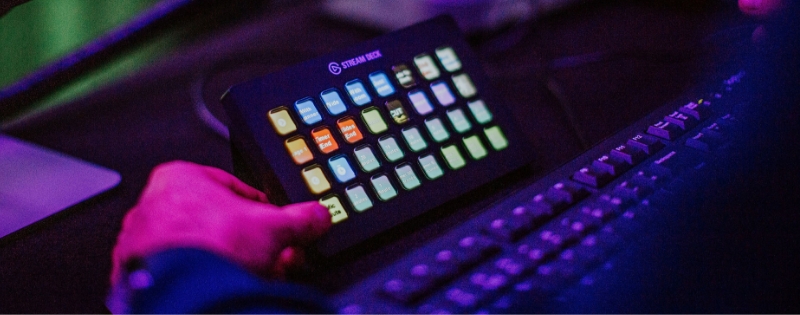Healthcare has been one of the hardest hit sectors of all during COVID-19. Not least of all because of the operational pressure it has been put under, but from a business perspective it has also seen its fundamental model challenged.
For healthcare executives responsible for service delivery, digital transformation has become a primary focus for their time, energy, and financial investment. Ppre-pandemic healthcare was unsuited to the strains of the virus and, whilst costly and draining, the investments being aimed at healthcare business models will ultimately bring it up to the more technologically advanced speed of other sectors.
Digital transformation and interoperability in healthcare
Patients are no longer passive recipients of services, as they were less than a year ago. As active consumers of healthcare, they are seeking digital touchpoints and experiences delivered to them in the same way as consumers of any other industry. But with much higher stakes, the pressure is on for health organizations to meet this demand and optimize their patient and member engagement strategy.
When we conquer the pandemic, we want to look back at 2020/21 and view it as a turning point – when our systems and executives rose to the challenge of COVID-19. The technological investment made today, as the only example of its kind to cater to a global pandemic, should stand the test of time in preventing or easing any future such events.
As Kees Wesdorp, Chief Business Leader for Precision Diagnosis at Philips puts it, “COVID-19 has become a catalyst for change – a defining moment for all of us to reimagine healthcare the way it should be.” COVID-19 is a significant challenge for healthcare services the world over, but it is also a significant opportunity, one in which professionals can push for the tech that they’d always dreamt of employing.
Interoperability and patient data exchange in healthcare
Interoperability is the ability of computer systems or software to exchange and make use of information. For healthcare purposes, it’s potential is enormous.
In the event of any pandemic, collating and correlating data on its aggression and infectioness are vital to formulate a response. Secure minute-to-minute data sharing tools are a significant boon when managing any disease and to this extent we’ve seen healthcare providers worldwide look to build digital bridges in the face of the pandemic.
For example, during March, Philips collaborated with the Dutch government and two leading hospitals to create an online portal that connected 95% of all Dutch hospitals for digital exchange of COVID-19 patient data.
Artificial intelligence
Once data exchange potential has been improved, the focus should shift to technologies which can help executives to examine and scrutinize their data. From this comes strategy, but the volume of data demands the use of AI to scan vast data sets both quickly and effectively.
The application of AI in the battle against COVID-19 is clear – helping to identify trends that human analysis may miss. Deeper levels of analysis, like comparing strains and mutations, is also almost exclusively computational. But in a world where misdiagnosed illnesses and medical error accounted for 10% of all US deaths, AI also had a role to play in reducing the margin of human error.
Internet of Medical Things (IoMT)
The IoMT is a network of medical devices which use wireless communication to enable the exchange of healthcare data. According to Deloitte, medical professionals currently use up to 500,000 systems in their practice. If these devices could all talk to one another, the data produced could prove radical.
Goldman Sachs also estimated that IoMT will save the healthcare industry $300 billion annually in expenditure, primarily through remote patient monitoring and improved medication adherence.
Digital transformation has long been a vital element in introducing radical change to the medical industry, it’s just that now we’re beginning to see this possibility manifest into something tangible.
Continue the debate at the NG Healthcare Digital Summit NA, a GDS Summit, where we bring together senior Banking executives who are actively seeking to share, learn, engage, and find the best technology solutions.
GDS Group hosts experts to help experts. We strive to provide an atmosphere for our attendees that enables them to confidently lead their companies through major transformation projects. For information on upcoming events, view our view our Digital Summits. To remain current on our activities, visit GDS Group on LinkedIn | Facebook | Twitter.














